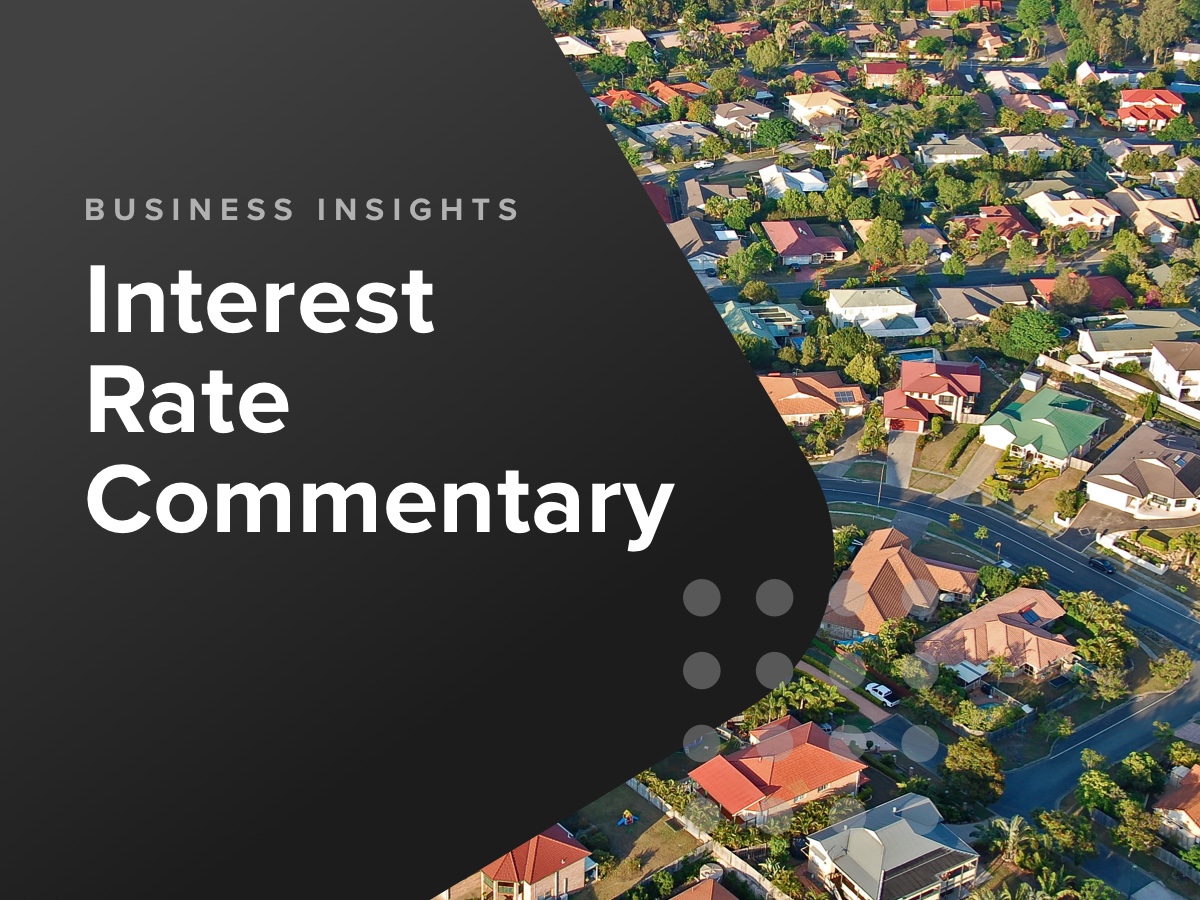The Reserve Bank of Australia (RBA) today announced its decision to leave the cash rate on hold at 4.35 per cent. Goods inflation continues to fall at a comfortable pace, and is now almost back into the target band, at 3.1 per cent. Services inflation, unfortunately, is proving harder to nudge down, and only decreased by 0.3 per cent over the March quarter, to now sit at 4.3 per cent.
Despite this, the RBA is no doubt well aware that the cash rate has far less impact on services inflation than it does on goods inflation, and thus a further increase would do little to help move services inflation into the band at a faster pace.
The Australian Bureau of Statistics’ (ABS’) latest retail sales data shows that businesses in the discretionary retail and food and beverage sectors will continue to bear the brunt of tight monetary policy, as consumers choose, or indeed are forced to, pull back spending in these areas. CreditorWatch’s March 2024 Business Risk Index (BRI) indicates that 8.6 per cent and 8.1 per cent of invoices issued in the Food and Beverage Services and Retail Trade sectors, respectively, are now more than 60 days overdue.
At the other end of the scale, only 5.1 per cent of invoices in the Education & Training and Health Care sectors are more than 60 days overdue. It is these areas, as well as insurance and residential rents, where inflation still remains high, and this is broadly because of the non-discretionary nature of these services.
It is likely that the next few months’ employment figures will have a key influence on any future cash rate decision that the RBA makes. Proponents for further tightening of monetary policy point to sticky services inflation as a key reason to increase the cash rate further, while those that refute this argument highlight falling goods inflation and flatlining retail sales as evidence that monetary policy is tight enough.
The various measures of the labour force data released by the ABS monthly will give the RBA a good yardstick as to which way this argument should fall over the next few months. Even moderate softening of the employment market will likely mean that we are at the peak of this tightening cycle, as smaller businesses and many household businesses will now be in precarious financial positions given the high cost of debt. The RBA is unlikely to risk further damage to sectors of the economy that are least able to cope with it.

Get started with CreditorWatch today
Take your credit management to the next level with a 14-day free trial.

